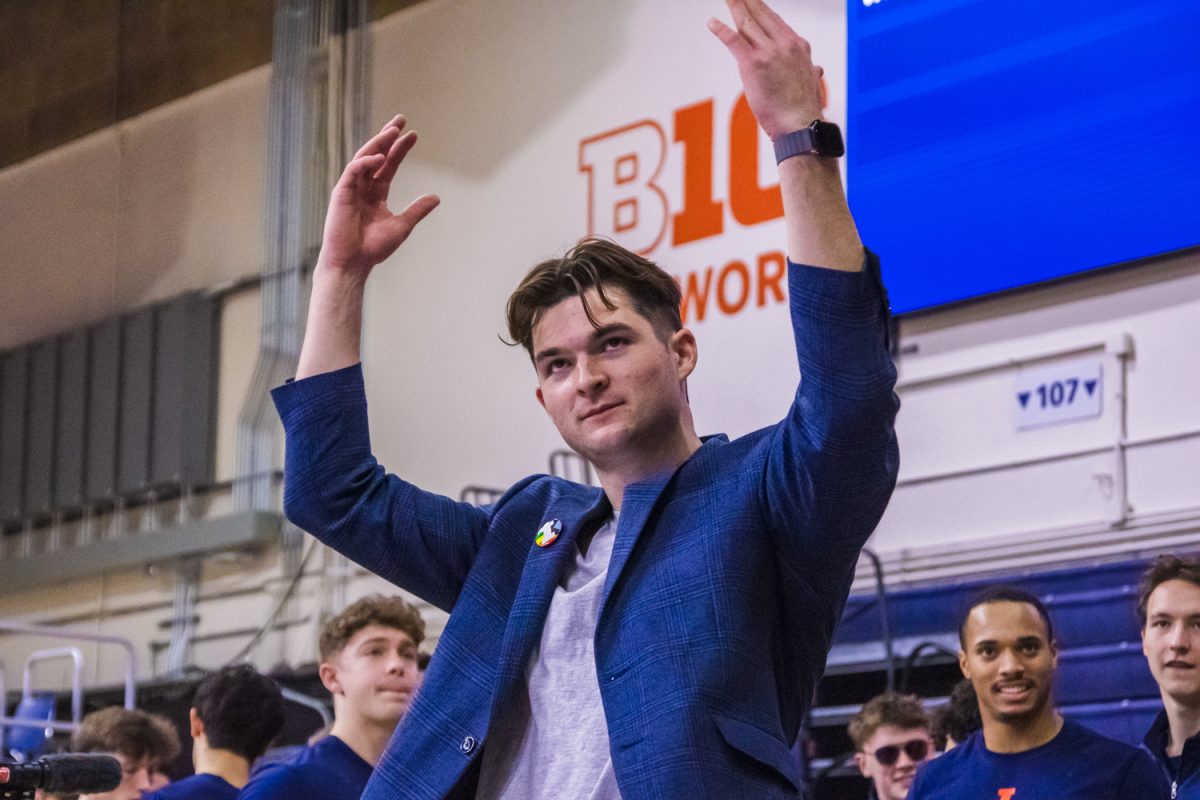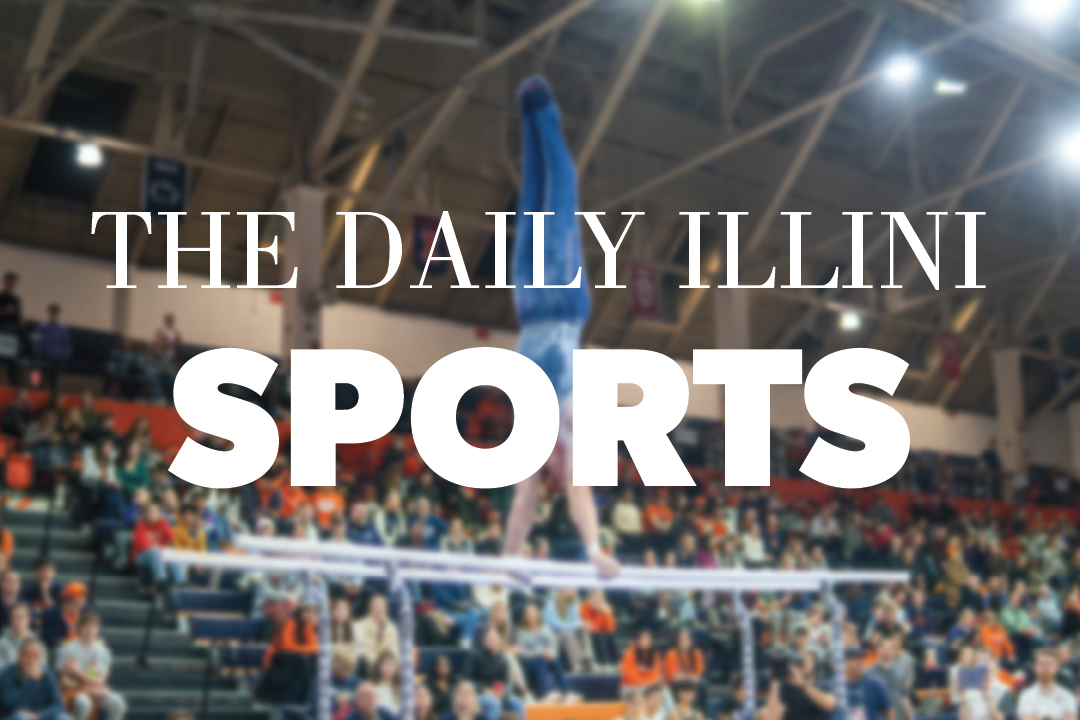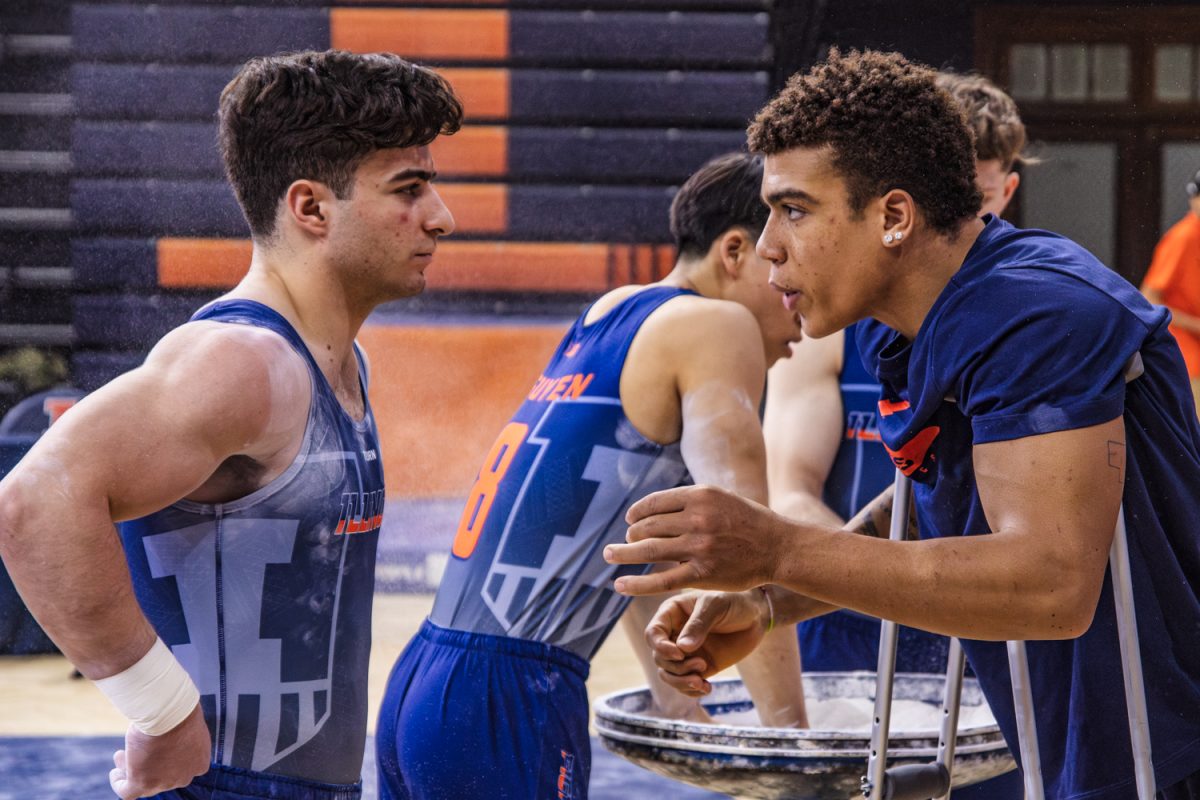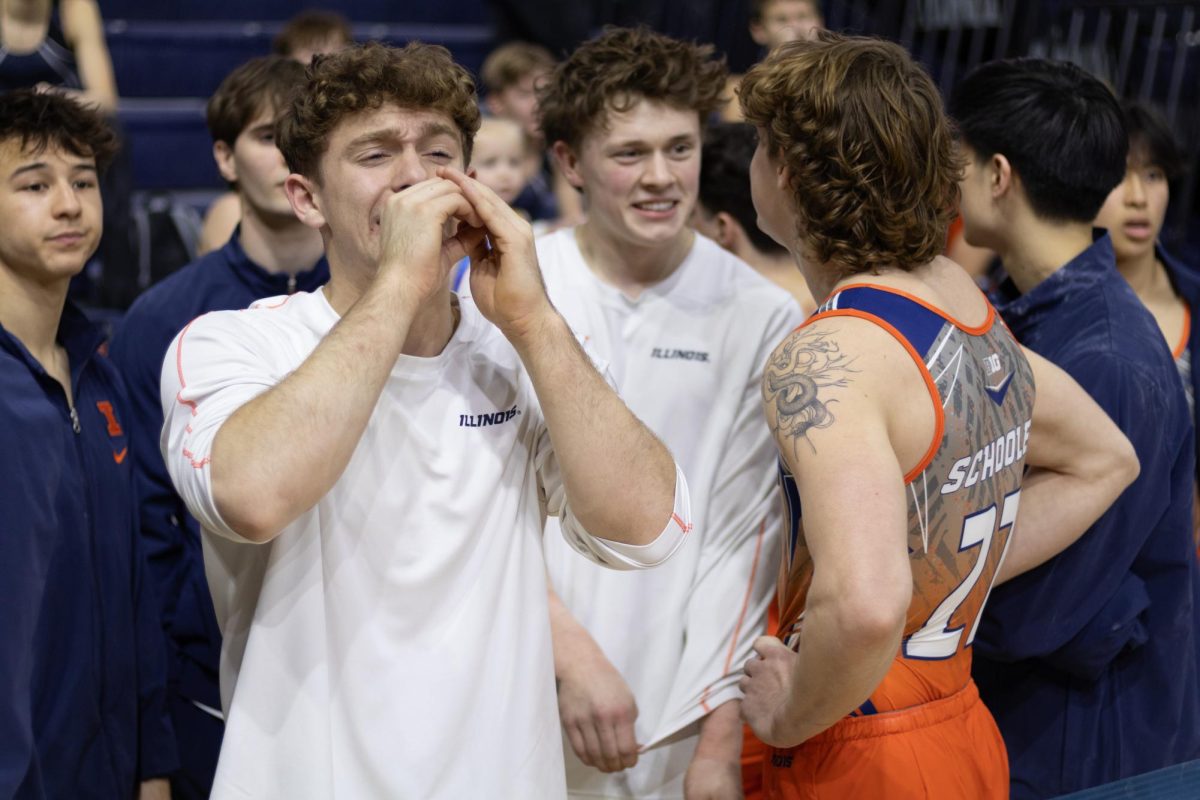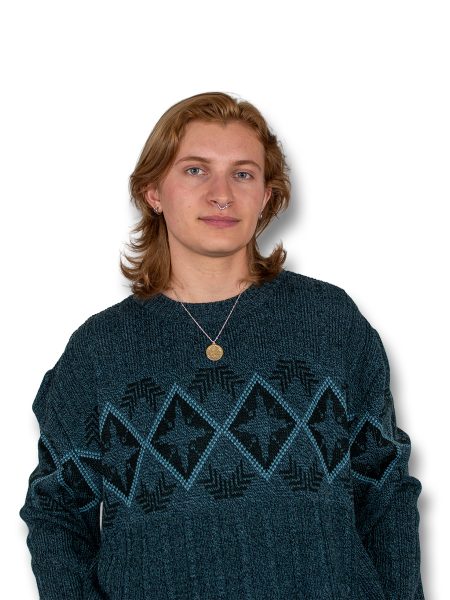As No. 6 Illinois (5-3, 2-2) prepares for NCAA championships, assistant coach Connor McCool is diving into his career. McCool was an Illini athlete before becoming a coach, and he discusses navigating the changing relationship with his former teammates.
The Daily Illini: How was your transition from being an athlete at Illinois to then being a coach here?
McCool: It was definitely a little weird at first. I think it helped that in my five years, I was a captain for that time, or for four of those years, so it helped in that I think I had a lot of clout, but I think I earned the respect off the bat, so the transitional element of trying to get (the athletes) on board with what I have to say and trusting me for the pieces and what would I bring the table. I didn’t have to have that initial adjustment period. I feel like (the athletes) kind of respected me off the bat, which is awesome. I think definitely the social transition was the harder piece. There are people that I hung out with a lot and I was really close with on a more friend-level, and that kind of had to transition to more of a professional relationship.
Would you say the transition from the people you were closer friends with and had more of a friendship with was probably the hardest transition, and having to set boundaries?
Yeah, for sure. That was just something important for me to be a more effective coach. If I didn’t have those boundaries and they were blurred, then I wouldn’t be able to hold (the athletes) to the standards that we need to. And I think it was just important that I was able to do that. It was the hard part, but it also really wasn’t a big deal, and I give a lot of props to the team for handling it with such grace.
Get The Daily Illini in your inbox!
You spent five years here, and now you have started your career here. Did you see yourself staying in Illinois, specifically at the University?
Coaching was always the goal for me. It was about where it was going to be and what I know about gymnastics. There really isn’t a ton of turnover. There’s not a ton of programs. It’s filled with a lot of alumni, such as myself, who wanted to stay, but you kind of have to be lucky with them — getting the right opportunity where I didn’t expect there to be a job opening. So I spent the summer really looking at other programs and then seeing — on the women’s side or whatever, maybe I did in the club level. Ending back in Illinois, that was not something I expected. Not because I didn’t want to, but because it just doesn’t really happen very often, and it was also just pure luck that it worked out in my favor.
Do you have a different way to coach the freshman versus the more seasoned veterans?
I think the freshmen were an interesting one. A lot of them are in my group, and that was kind of by design because of the people I had the least connection with because I was only part of the recruiting process, but I wasn’t actually teammates with. That was good because those boundaries were able to be set right away. There’s a little bit more upfront development with them relationship-wise than I needed for the rest of the team. But I think again, for them, they’ve really just hopped on board… It’s a really, really awesome program, and they know that when they come in. We ask them to bow to the Block I on our wall every single day and they do it and they take it seriously. They’ve really bought into what we have to say more than any other freshman class I think I’ve really seen. They happen to be the most talented, but sometimes that doesn’t go hand-in-hand. They don’t have a chip on their shoulder. They came in and put their heads down and recognized they’re not the big fish anymore and they really just wanted to contribute any way they can. They’ve done it since the moment they stepped on campus.
Do you think you take some of your inspiration and coaching tactics from head coach Daniel Ribeiro because he was your coach, or do you feel like you have a different style?
Dan’s been a huge mentor to me as a leader on the team because he was a captain as well. He was pretty vital to me learning the ropes and then how to communicate effectively and then all that. But I definitely have a different style than Dan. But he’s a really great communicator with the guys. I think I’m sometimes a little bit more intense. I take gymnastics really, really seriously and Dan expects a lot of out of the guys as well, but I think the guys in my group know the expectations and they are really, really keen to uphold them. This is Division I athletics. We’re expecting you to come in and really perform. Not to say that there can’t be bad days or bad meets, but if there is, we expect you to come in and be ready to work it out and figure out why it happened. Dan is one of my, if not the biggest, mentor that I have. He’s someone that was really big, so I could lean on, and he really understood me as an athlete, and I took a lot of what he does as a coach to being a captain and then into coaching now as well.
While McCool shared his journey and his experience working with Ribeiro, his former head coach also shared his side of the story.
The DI: Do you think Connor coaches similarly to you?
Ribeiro: Connor has so many unique traits that are different than mine. It’s a big reason why I brought him on. He compliments me really well. But when it comes to the direction and the philosophy of how we run things, I think him being a captain within our program for three years set the foundation in the belief. For his coaching philosophy as well. So I think we share that for sure because of the simple fact of him growing up within the program… In the end, my assistants need to lead in the same direction that I am, and so being able to bring Connor on right away with such a great transition where we didn’t have to wait a year or two for him to learn how we do things, I think that was a huge benefit with bringing on Connor.
@lauram0131



